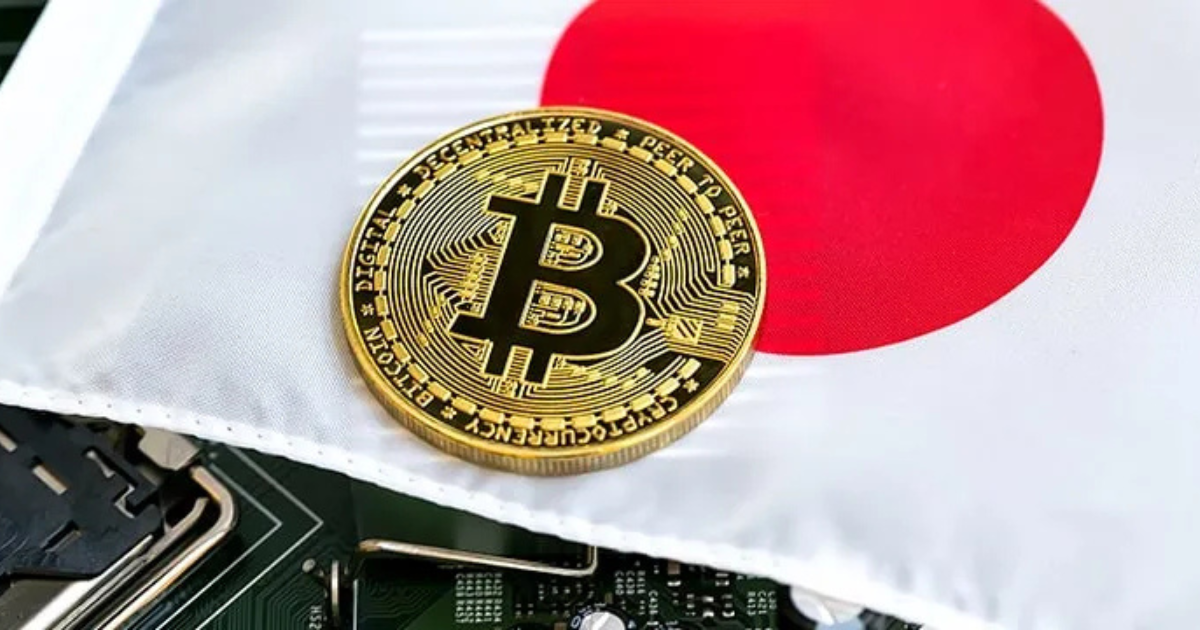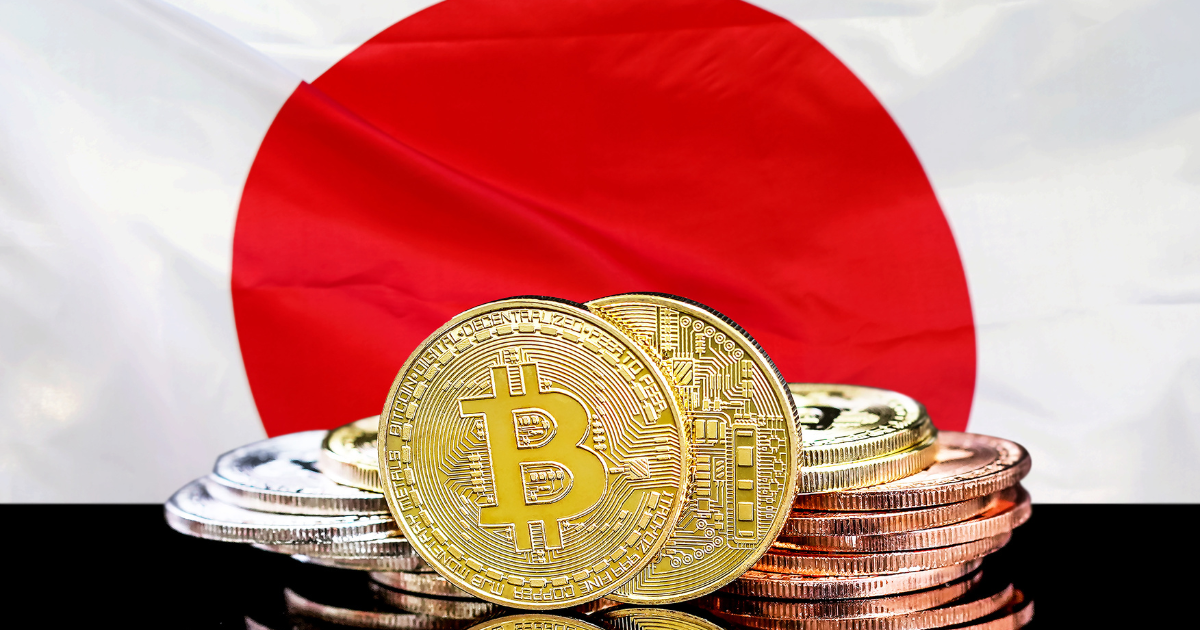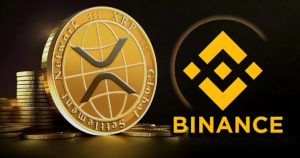One of the few that has caught most focus is Japan crypto regulations, where the government handles digital assets by means of issuing warnings for several unidentified overseas cryptocurrency exchanges. Japan’s hard stance on the crypto market is a sign that Japan is strict with enforcement and good for investors in the crypto world.
Are the strict Japan crypto regulations the world standard? For all of that, click here.
Key-Takeaways:
- First, Japan crypto regulations, introduced in 2017 following the Mt. Gox hack, center on investor protection and market transparency.
- Five unregistered exchanges were told by the FSA on Nov 28, 2024, that they operate without a license in Japan, including KuCoin and Bybit.
- The FSA makes exchanges register and follow anti-money laundering rules. Those platforms not registered are at peril of penalties, and customers are at risk of being shortchanged.
- Even to this day, Japan maintains a firm grip atop the global crypto regulation chain, a role it accomplishes through a combination of protection and innovation, setting a stage for the global crypto market.
The Content of the Regulations
 In 2017, when Japan became one of the first nations to enact digital asset laws across the board, attention to Japan cryptocurrency regulations was more than outsized globally. That was after the infamous Mt. Gox hack in which 850,000 Bitcoins were lost, prompting greater oversight.
In 2017, when Japan became one of the first nations to enact digital asset laws across the board, attention to Japan cryptocurrency regulations was more than outsized globally. That was after the infamous Mt. Gox hack in which 850,000 Bitcoins were lost, prompting greater oversight.
They are still watching the recent warnings to offshore unregistered exchanges to keep crypto safe and transparent. Japan is marching forward to create the necessary measures to defend investors and to maintain the status of the country as the polestar in terms of cryptocurrency governance.
On November 28, 2024, FSA Japan warned five unregistered crypto exchanges, including KuCoin and Bybit. Such devices were being used in Japan without licenses, in violation of the Financial Instruments and Exchange Act.
It’s a very strict stance of Japan: this is to comply and protect investors. It follows regulations, and all have to target the unregistered entities.
According to Japan’s crypto regulations, all crypto exchanges that deal in local Japan require users to register with the FSA. On top of that, they are bound to obey anti-money laundering (AML) standards.
As this act states they will have to keep the records, it will be enforcing AML rules and protecting user money. This is meant to introduce more transparency and security into the crypto market.
The Risks that Come With Not Complying
 Exchanges that are not registered will be punished heavily under Japan crypto regulations. The law does not protect those trading on these platforms, and they are in heavy financial risk.
Exchanges that are not registered will be punished heavily under Japan crypto regulations. The law does not protect those trading on these platforms, and they are in heavy financial risk.
Without proper registration, it is not possible for investors to approach for compensation in the event of disputes or even in the event of bankruptcy. And they leave those huge losses open.
The FSA says domestic assets will stay in place in exchange bankruptcies and will ‘hold’ Japanese assets from leaving the country. It’s reflective of Japan’s aggressive response to crypto regulation since the FTX breakdown.
The leader regulating cryptocurrency is Japan. It was one of the first to come up with a coherent licensing regime for crypto exchanges, then added to its remit to cover stablecoins and tokenized securities.
Far greater hurdles for global cryptocurrency platforms looking to enter Japan’s market are also new warnings. Exchanges that don’t meet local regulatory standards face numerous penalties, including operational bans.
However, under strict regulations, digital asset innovation is being accepted by the Japanese leadership, including Prime Minister Fumio Kishida. Japan crypto regulations attempt to keep up with such technological advancement whilst protecting the consumer.
Bybit and others have been repeatedly warned by the FSA. Several exchanges were ordered by the regulator to stop operations last April because they had not gotten the necessary authorisation.
This reflects that Japan is enforcing crypto regulations too.
Conclusion
The Japan crypto regulations are intended to safeguard investors as well as to defeat dishonest methods and foster a regulated crypto atmosphere. In terms of regulatory innovation, the Japanese are leaders of the market.
So, what will Japan’s FSA force these five exchanges to do? Let us know what you think!











